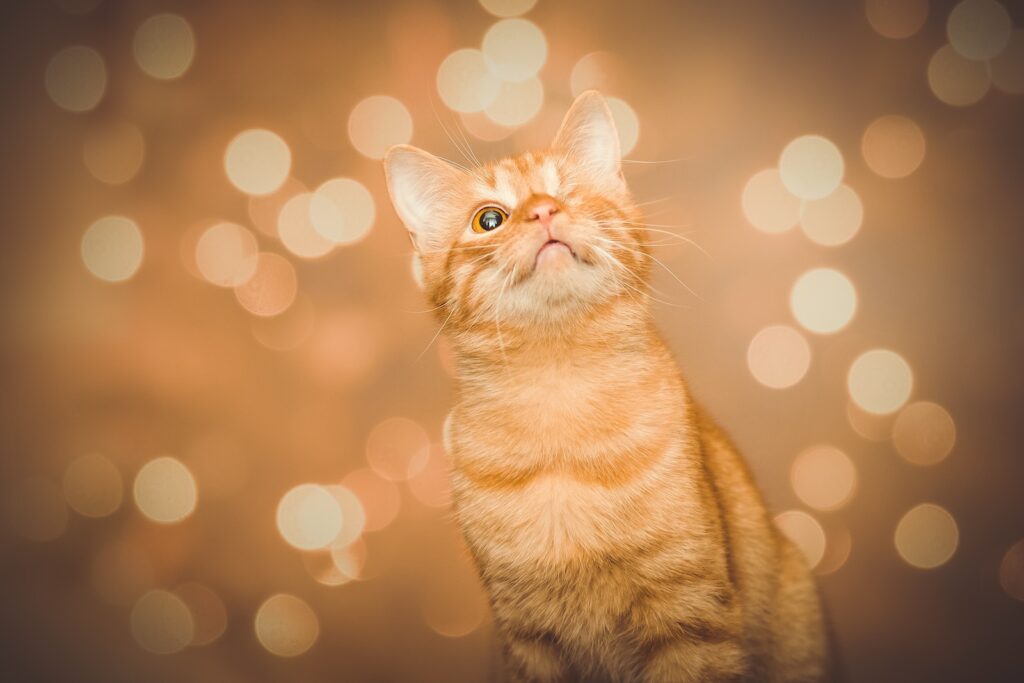Can Cats Eat Baked Beans? — No, They Can’t
Baked beans are a popular side dish among humans, but can our feline friends also enjoy this tasty treat? Unfortunately, the answer is no. Cats should not eat baked beans due to several reasons.
Is It Safe for Kittens to Consume Baked Beans?
Kittens, just like adult cats, should not be fed baked beans. While it may be tempting to share your meal with your furry friend, it is important to remember that their dietary needs differ from ours.
Risks Associated with Feeding Baked Beans to Kittens
Feeding baked beans to kittens can potentially lead to digestive issues. Their delicate digestive systems may not be able to handle the high levels of sodium found in baked beans, which can result in diarrhea or vomiting.
Why Baked Beans are Not Recommended for Cats
Excess Sodium Content
Baked beans contain excessive amounts of sodium, which is harmful to cats. A feline’s body is not designed to process high levels of sodium, and consuming it can lead to dehydration, kidney problems, and even heart issues.
Potential Toxic Ingredients
Baked beans often contain toxic ingredients for cats, such as onions and garlic. These ingredients are known to be harmful to cats and can cause damage to their red blood cells. It is crucial to avoid feeding any food containing onions or garlic to ensure your cat’s well-being.
Unnecessary Additives and Preservatives
Commercially available baked beans may contain additives and preservatives that are not suitable for feline consumption. These additives can cause gastrointestinal upset and may even trigger allergic reactions in some cats.
Known Health Issues in Cats from Consuming Baked Beans
Cats that consume baked beans may develop various health issues, such as gastrointestinal disturbances, increased thirst, and potentially fatal conditions like pancreatitis or kidney disease. It is best to avoid exposing your cat to the risks associated with baked beans.
What to Do If a Cat Has Consumed Baked Beans?
- Seek Veterinary Advice: If your cat accidentally consumes baked beans or any food that is potentially harmful, contact your veterinarian for guidance immediately.
- Provide Fresh Water: Ensure your cat has access to fresh water to help flush out any potential toxins.
- Monitor Your Cat: Keep a close eye on your cat’s behavior and any changes in their eating habits or stool. If you notice any unusual symptoms, consult a veterinarian promptly.
Safe Alternatives to Baked Beans for Cats
While baked beans are not safe for cats, there are alternative foods you can offer them. Consider giving your feline companion cooked lean protein, such as chicken or fish, as a treat. Additionally, certain fruits and vegetables, like small amounts of cooked pumpkin or carrots, can be a healthier alternative to baked beans.
Conclusion
In conclusion, cats should not eat baked beans due to their high sodium content, potential toxic ingredients, and unnecessary additives. Feeding baked beans to cats, including kittens, can lead to severe health issues and should be avoided. Remember, always prioritize your cat’s well-being and provide them with a balanced diet that meets their specific nutritional needs.






